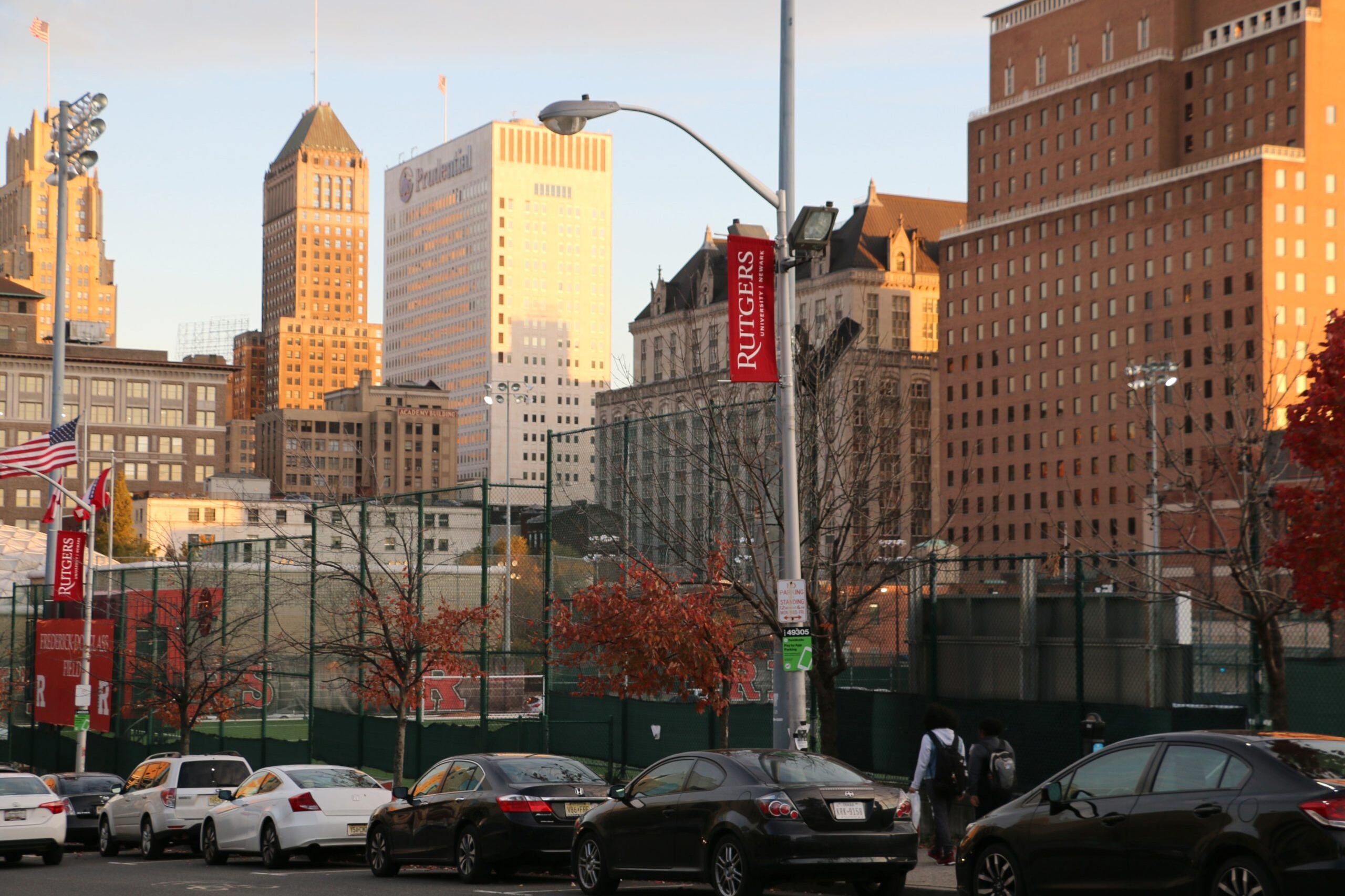New Jersey promises to help thousands of students from low-income backgrounds cover the cost of four years of college tuition under a new state budget that begins July 1.
The $46.4 billion spending plan, signed into law by Gov. Phil Murphy this week, also includes initiatives to help families save for college and repay student loans.
Financial aid programs such as these could help address a downward trend, triggered by the COVID-19 pandemic, in college enrollment and applications for federal financial aid among Newark students.
“The opportunity for students to receive a bachelor’s degree tuition-free, will be nothing less than a game-changer for them and their future and our state’s economic future,” Murphy said this week prior to enacting the legislative spending bill.
In the new budget, the state expands the Community College Opportunity Grant — which helps low-income students cover tuition for two years of community college — by instituting a follow-up initiative to cover an additional two years at a state college or university.
Similar to the community college grant, the Garden State Guarantee is a last-dollar program that will pay for the balance of tuition and fees that remains after eligible students’ financial aid, needs-based grants, and scholarships are applied to the total bill.
Students with household earnings of $65,000 or less are eligible for the higher education programs. Starting fall of 2022, students in their third or fourth year of college can qualify for the Garden State Guarantee, according to the governor’s office.
“We will be working to ensure eligible students are aware of the program, which is one of many initiatives aimed at addressing enrollment declines posed by the pandemic,” the state Office of Higher Education said in an email.
In effect, a student benefiting from both programs could have help from the state to cover four years of tuition and fees.
The approved spending plan allocates $27 million to continue the community college grant and infuses $50 million to jump-start the initiative that will help pay for two years at a state college and university.
The programs don’t cover books, room and board, and other expenses associated with attending college classes such as transportation, which can often double the total cost of college.
The average cost for tuition and fees at a public community college in New Jersey is $4,715, according to federal data.
Meanwhile, the cost of attending Rutgers University, the state’s largest university, went up after its Board of Governors hiked tuition for the upcoming academic year. Rutgers-Newark tuition and fees for a full-time undergraduate student will be about $15,208.
The budget includes other initiatives to help save for college and repay college loans, including offering matching payments up to $750 for taxpayers with incomes below $75,000 who contribute to their New Jersey Better Education Savings Trust (NJBEST) account, the state’s 529 college savings plan.
For taxpayers making up to $200,000, the budget also includes new deductions for:
- Contributions up to $10,000 into an NJBEST account
- Payments up to $10,000 for in-state tuition
- Payments up to $2,500 for the New Jersey College Loans to Assist State Students (NJCLASS)






